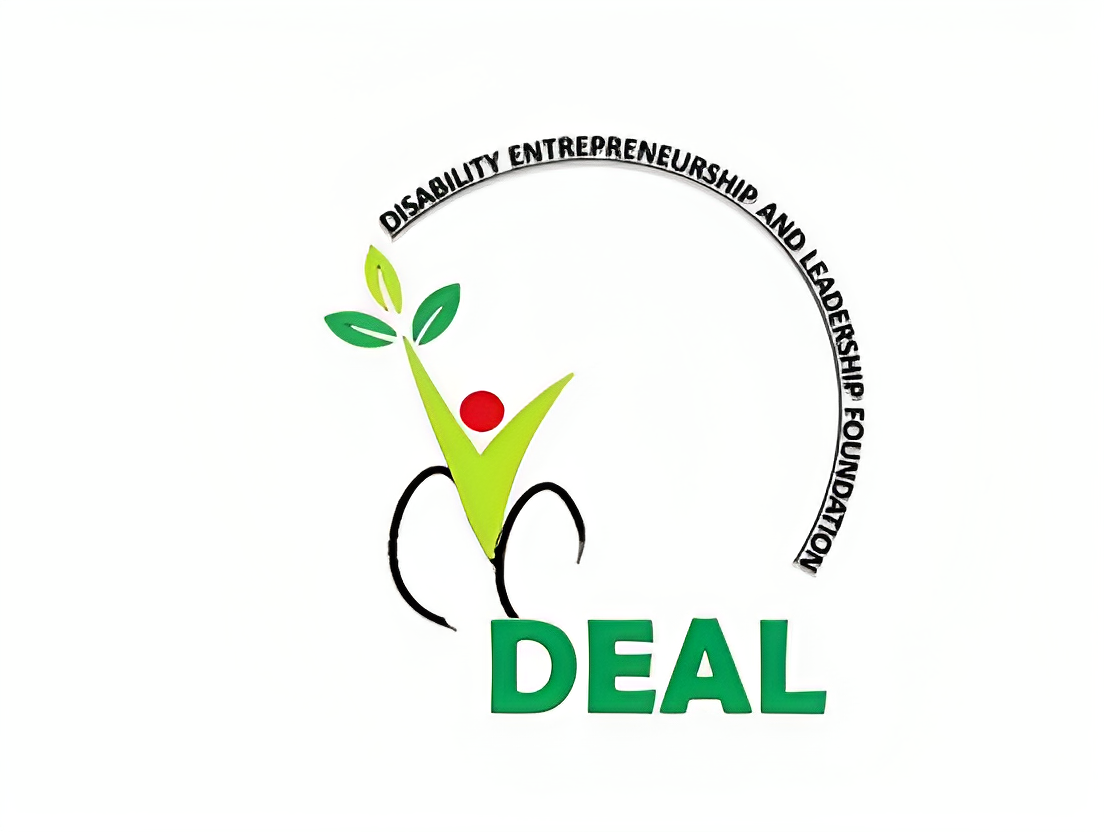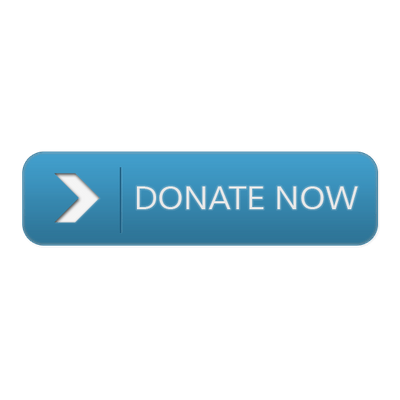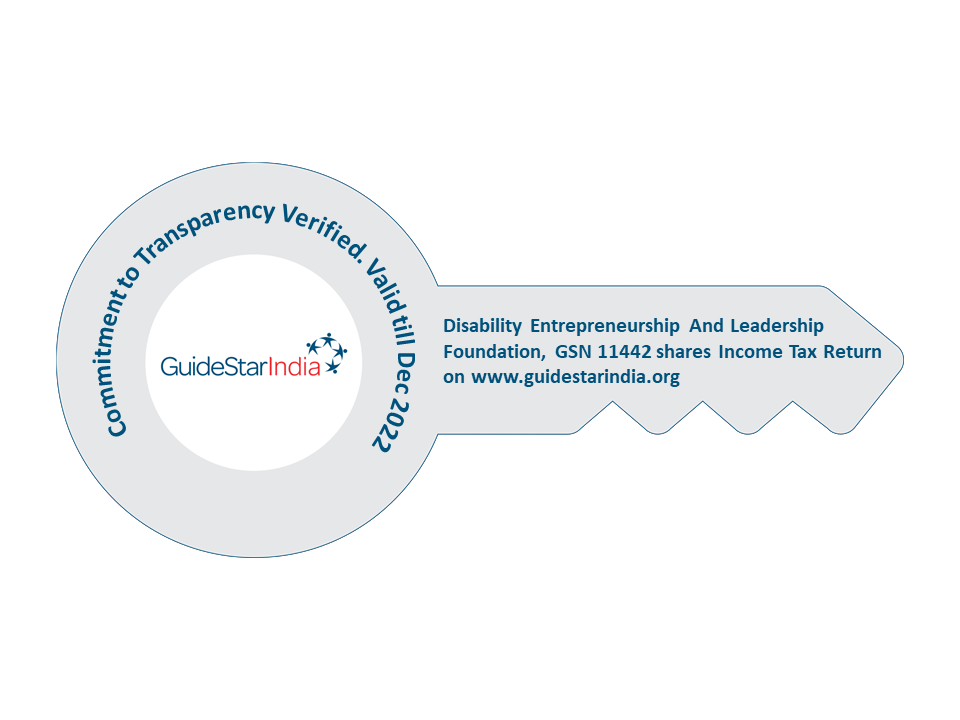The Covid-19 pandemic continues to disrupt lives globally with the second wave almost paralyzing us at home. While numerous measures are being taken for immediate relief by the nation, we simultaneously need to think long-term and also focus on livelihoods for sustainable recovery.
There is a definite opportunity for sustainable livelihoods in rural areas to help recover from a Covid-19 impacted economy. These rural livelihoods can result in a Return On Investment (ROI) of anywhere between 1.5 to 2 times within less than a year in non-farm interventions like skilling or off-farm programs like poultry, fishing, goat rearing, and more, to a couple of years for on-farm based ones. While rural communities engage in these, there is an urgent need to mobilize, enable and strengthen more people to adopt these programs to facilitate faster recovery of the rural Indian economy.
(Source: forbesindia.com)
Mindful of the impact caused by the second wave of the pandemic, DEAL Foundation is working across communities of interest and place to insure there is an effective response leading to social and economic rehabilitation, recovery and resilience. The steps include:
- Community led development:
Our greatest learning has been that community ownership is the way to make disabled communities in rural areas truly self-reliant. One must start by creating empowered and motivated individuals with disability and self-help groups to come forward and take charge of livelihood and entrepreneurship development activities initiated by them.
- Equal participation:
We have learned that women with disability in rural areas aspire to engage in livelihood and income generation opportunities to support their families—if they are allowed the space for equal participation free of gender and disability bias.
- Peer-to-peer support:
Bringing persons with disability together to form self-help groups for peer-to-peer support is a big enabler and works wonders. This encourages sense of team work, belonging, ownership which help both individual and social enterprises owned and managed by persons with disability evolve and grow.
- Financial inclusion:
Being involved and engaged in livelihood and income generation activities helps pave the way to financial inclusion. With numbers communities of persons with disability now find themselves in a position where they can access bank and market linkage support.
- Skills development:
Developing the required livelihood, entrepreneurship and leadership skills of persons with disability and fostering an ecosystem for both role models and model enterprises to evolve and thrive helps create a lasting impact in the lives of persons with disability leading to inclusive growth and development.
Applying the above along with a 4-E model (Empower, Engage, Execute, and Exit) for self-reliance and sustainability can scale these interventions. Engaging deeply with the community to understand their real needs, empowering them through various institutions, and providing them technical training and financial literacy, before executing the programs will allow for a kind of exit strategy where the community is empowered to take care of their own lives.


 Awarded by Guidestar India
Awarded by Guidestar India